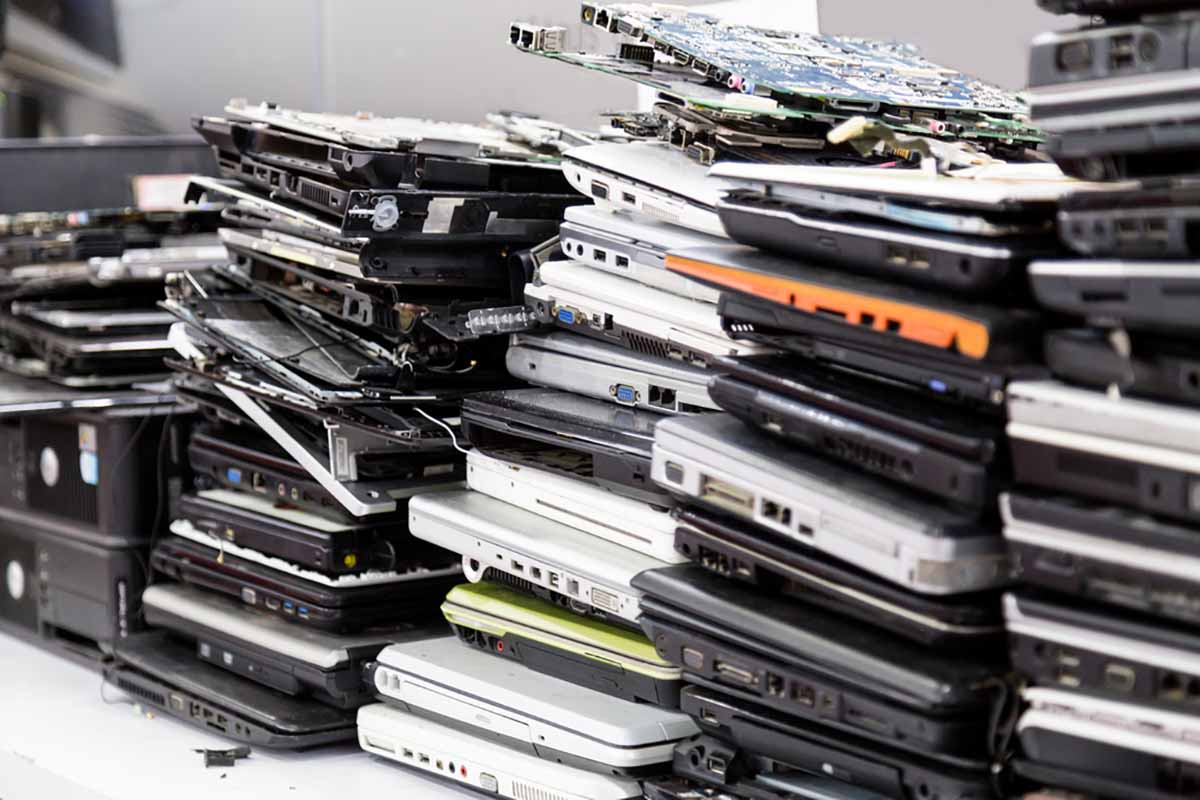
SERI data shows 33% of R2v3-certified companies have certified for e-scrap recycling services. | ThamKC/Shutterstock
Recently published R2v3 certification data illustrates just how diverse the industry has become, with relatively few reuse and recycling Swiss Army knives out there.
R2v3, the latest version of the R2 electronics processing standard, requires certified facilities to meet certain core standards, and then they can meet specific standards in the appendices that align with their service specialization. For example, a company that specializes in mobile phone testing and resale would certify to a different appendix than a metals recovery operation that shreds and sorts scrap.
With the prior iteration, R2:2013, all facilities that chose to seek certification needed to meet all requirements.
So far, no facilities have become certified to all of the R2v3 appendices, Sustainable Electronics Recycling International, which oversees the standard, said in a recent write-up. In fact, only 20% of them have become certified to both reuse and recycling services.
“Most facilities specialize in either reuse services or recycling,” according to SERI.
At the halfway point to the transition to R2v3, which R2-certified facilities must complete by June 30, 2023, SERI crunched some numbers on R2v3 certification to date. The organizations found 80% have certified to the requirements for reuse in returns/trade-ins/warranty and/or ITAD/remarketing services, 75% have certified to data destruction services, 33% for e-scrap/recycling and 1% for handling of specialty medical and/or telecom equipment (the numbers above don’t equal 100% because facilities certify in multiple areas).
As of May 4, 165 facilities around the world were certified to R2v3, according to SERI’s website.
More stories about certification standards
- Petition calls for certification action after ITAD device theft
- Processor responds to e-Stewards eligibility suspension
- Citing Basel, Illinois processor launches e-plastics line